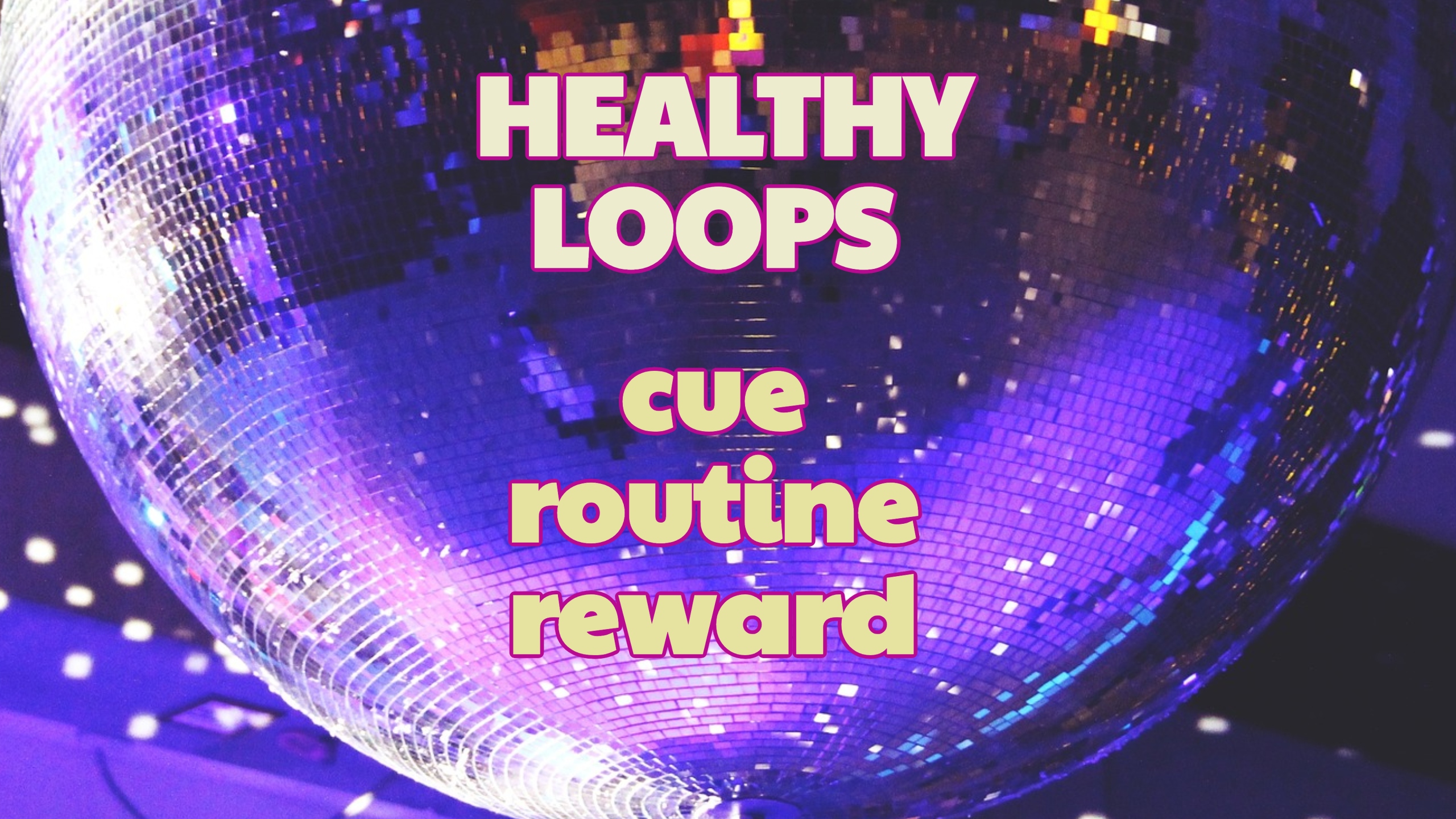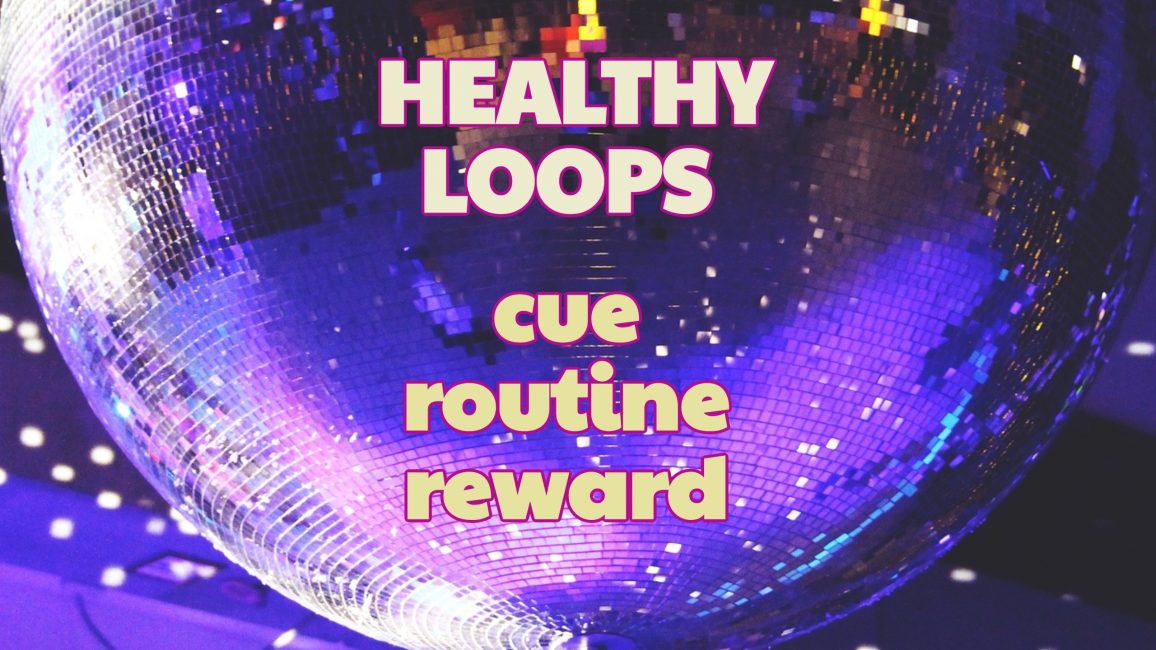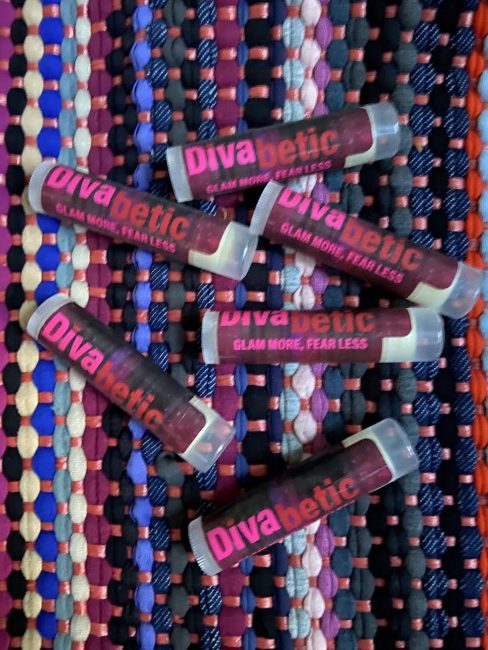I attended the U.S. Open earlier this week and witnessed some incredible matches. While on the grounds, I heard Sloane Stephens playing in one of the stadiums. She was ahead 6-0, 4-1, but ultimately lost in three sets. I can only imagine how devastated she must have felt after the loss. How does one bounce back from such a disappointing defeat on one of the U.S. Open’s main courts, especially when commentators like Chris Evert are critical of your performance? Rennae Stubbs, whom I greatly admire as an announcer, mentioned that Sloane needs to learn how to win again after a tough summer season. Losing a tennis match can be frustrating and disappointing, especially if you have high expectations for your performance.

Sometimes, you need a plan B. For someone living with diabetes, that may mean finding a new healthcare collaborator. If you feel your provider isn’t providing advice, encouragement, or resources to help you, which is expected, then it’s time for a change. Constant worrying, negative thinking, and always expecting the worst can take a toll on your emotional and physical health. It can sap your emotional strength, leave you feeling restless and jumpy, cause insomnia, headaches, stomach problems, and muscle tension, and make it difficult to concentrate at work or on court. Check out this HelpGuide.Org RESOURCE Guide.

During the match I was watching, I saw LuLu Sun from New Zealand, the surprise Wimbledon quarterfinalist, playing in her first U.S. Open with high expectations. Unfortunately, her match coincided with the big-serving American Chris Eubanks‘s intense five-set battle, spilling large crowds of Eubanks fans into the stands at LuLu’s match. So, there she was, New Zealand’s tennis ace, playing her first match on an outside court with fans screaming nearby and planes flying overhead. On top of that, the lighting was rapidly changing from day to night, making things even more challenging. Watching LuLu, I realized that the U.S. Open isn’t as glitz and glamour as expected.
Having high expectations or setting high standards for ourselves may increase stress and pressure to meet those expectations. If we perceive ourselves as falling short of our dreams, this can lead to anxiety, self-doubt, and feelings of inadequacy. The fear of failure and the constant drive for perfection can take a toll on our mental well-being, potentially leading to burnout and feelings of frustration. It’s essential to strike a balance and set realistic expectations to maintain a healthy mindset and prevent unnecessary strain on our mental health. If you’re plagued by exaggerated worry and tension, there are steps you can take to turn off anxious thoughts. Chronic worrying is a mental habit that can be broken. You can train your brain to stay calm and look at life from a more balanced, less fearful perspective. Check out this HelpGuide.Org RESOURCE Guide.

Our friend, Dr. Beverly S. Adler, PhD, CD, shares “Fear of Diabetes Complications” with our Divabetic community in this blog post. READ MORE. In the blog post, “Dr. Bev” states the topic of diabetes complications stirs up a lot of emotional issues. Some well-meaning but uninformed people (they call themselves your family and friends) may tell you that if you eat that slice of cake, you will lose a toe or go blind. Trying to guilt you into eating healthy does not work. It makes many people with diabetes become oppositional and eat that slice – and more – just because they want to be assertive.
National Mindfulness Day is coming up on Thursday, September 12, 2024. One tip to help cope with worrying is to write down your worries. If an anxious thought or worry comes into your head during the day, briefly note it and then continue about your day. Remind yourself that you’ll have time to think about it later, so there’s no need to worry about it right now. Also, writing down your thoughts—on a pad or on your phone or computer—is much more complex than simply thinking about them, so your worries are more likely to lose their power.

















